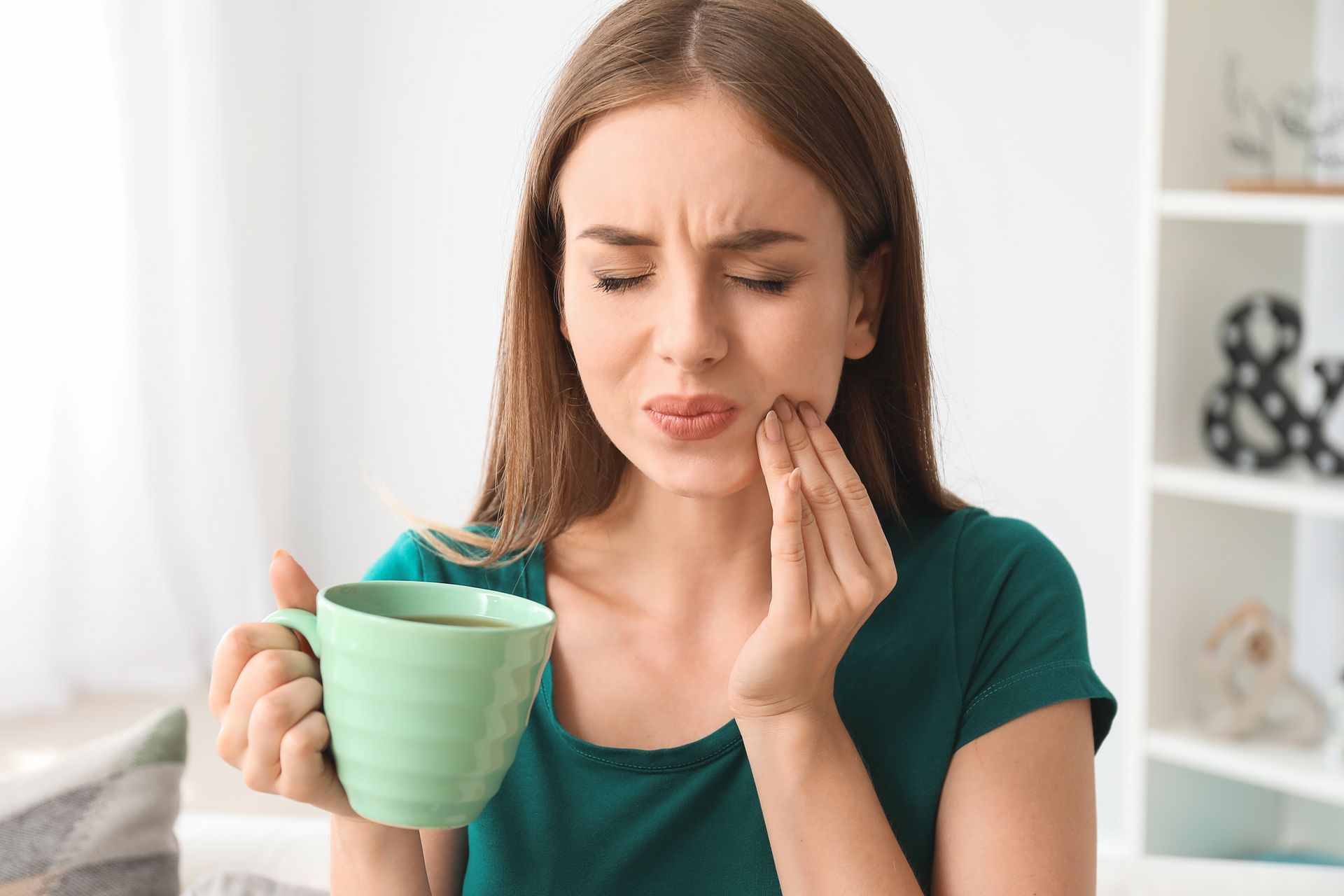Dental Care for Seniors: Tips, Treatments, and Preventive Measures
As we age, maintaining proper oral health becomes increasingly crucial, as oral health is closely linked with overall well-being. In this comprehensive guide, we will address the unique dental care needs of seniors in Annapolis, MD, and provide essential tips, treatment recommendations, and preventive measures to help older adults maintain optimal oral health and enjoy the benefits of a healthy, beautiful smile.
Age-Related Dental Concerns
As we age, our oral health faces unique challenges and vulnerabilities. Some common age-related dental issues seniors might encounter include:
1. Tooth Decay: Older adults are more susceptible to cavities and decay due to the natural wear of tooth enamel and increased gum recession, which can expose tooth roots.
2. Gum Disease: Advanced age, poor dental hygiene, tobacco usage, and certain medications can heighten the risk of gum disease, which can lead to tooth loss if left untreated.
3. Oral Cancer: The risk of oral cancer increases with age, making regular screenings an important preventive measure.
4. Dry Mouth: Dry mouth is a common side effect of many medications seniors take, and it can lead to increased risks of decay, gum disease, and bad breath.
5. Tooth Loss: The cumulative effects of aging, decay, and gum disease can result in tooth loss, which can impact both aesthetics and functionality.
Dental Care Tips for Seniors
To maintain optimal oral health during the golden years, seniors should follow these essential dental care tips:
1. Proper brushing: Brush your teeth at least twice a day with a soft-bristled toothbrush and fluoride toothpaste to effectively remove plaque and bacteria.
2. Flossing: Daily flossing helps to clean the areas between teeth and beneath the gum line, minimizing the risk of gum disease and cavities.
3. Balanced diet: A nutrient-rich diet with plenty of fruits, vegetables, and dairy can help support healthy teeth and gums.
4. Limit sugary and acidic foods: Reducing the consumption of sugary and acidic foods can help prevent tooth decay and enamel erosion.
5. Stay hydrated: Drink plenty of water throughout the day to combat dry mouth and keep the mouth clean and fresh.
Preventive Measures
Preventive dental care is the key to successfully keeping age-related dental issues at bay. Some preventive measures seniors should consider include:
1. Regular dental checkups: Visit your dentist for regular checkups and professional cleanings, which help identify and address dental issues early on.
2. Oral cancer screenings: Regular oral cancer screenings during your dental checkups can aid in early detection and improve treatment outcomes.
3. Fluoride treatments: Ask your dentist whether fluoride treatment is suitable for you, as it can help strengthen tooth enamel, especially for seniors who suffer from dry mouth.
4. Dental sealants: Dental sealants can be applied to molars' chewing surfaces to prevent food particles and bacteria from becoming lodged, reducing the risk of cavities.
Dental Treatment Recommendations
As seniors encounter age-related dental issues, tailored dental treatments may be necessary to maintain oral health and functionality:
1. Dental implants: Dental implants offer a permanent, durable solution for replacing missing teeth, restoring both appearance and function.
2. Dentures: Full or partial dentures can replace missing teeth, improving chewing ability, speech, and aesthetics.
3. Periodontal therapy: Gum disease is a significant concern for seniors; thus, periodontal therapy, such as scaling and root planing, can halt disease progression and preserve natural teeth.
4. Crowns and bridges: Dental crowns and bridges can strengthen weakened or damaged teeth, restoring the functionality and esthetics of your smile.
The Importance of Regular Dental Checkups
Regular dental checkups are essential for seniors as they play a crucial role in maintaining good oral health and overall well-being:
1. Early detection: Routine dental visits help spot early signs of tooth decay and gum disease, leading to more timely and effective treatments.
2. Oral cancer screening: Dentists routinely screen for oral cancer during dental checkups, ensuring early detection and better treatment outcomes.
3. Tailored care: Regular visits allow your dentist to assess your unique dental needs, providing tailored care to ensure optimal oral health.
4. Education: Your dentist can provide valuable guidance on proper oral hygiene practices, diet, and lifestyle choices to enhance your oral health.
Conclusion
Prioritizing senior dental care in Annapolis, MD, is crucial for maintaining a beautiful, healthy smile and overall well-being throughout the golden years. By following these essential tips, treatments, and preventive measures, older adults can mitigate age-related dental issues and enjoy the benefits of proper oral health.
If you or a loved one is in need of dental care specifically tailored to seniors, reach out to Aria Dental of Annapolis today to schedule a consultation. Our experienced and compassionate team is committed to providing gentle, personalized
Annapolis dental care to ensure that seniors in our community receive the support they need for optimal oral health.



Website designed and maintained by Energize Group
Aria Dental of Annapolis

